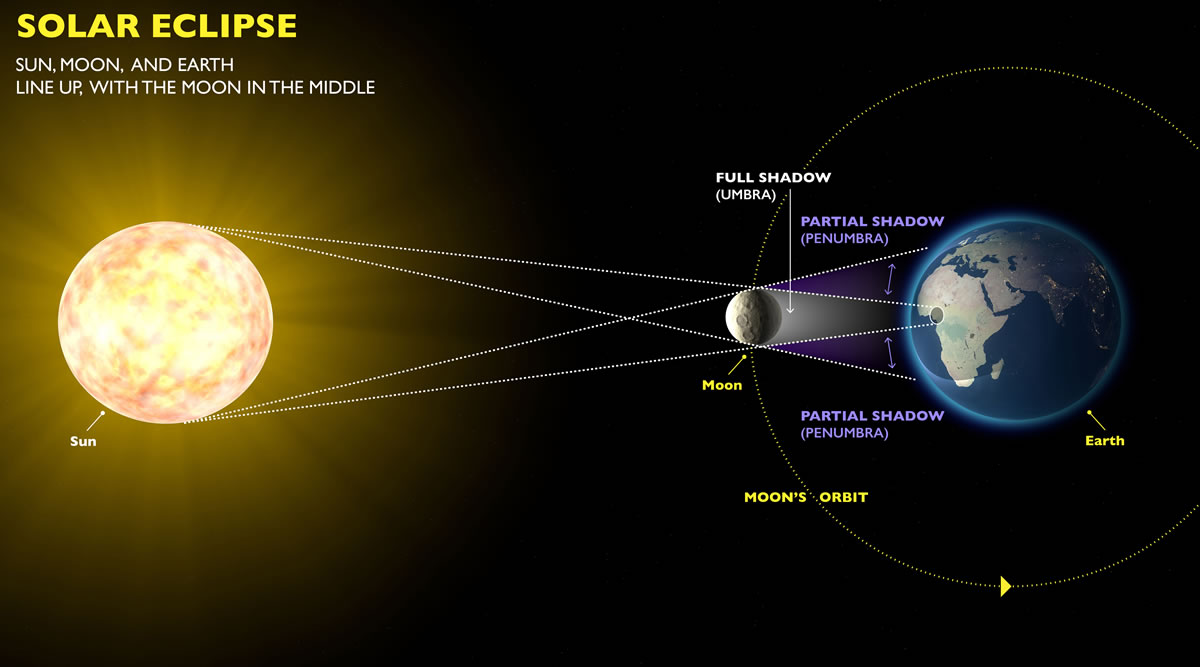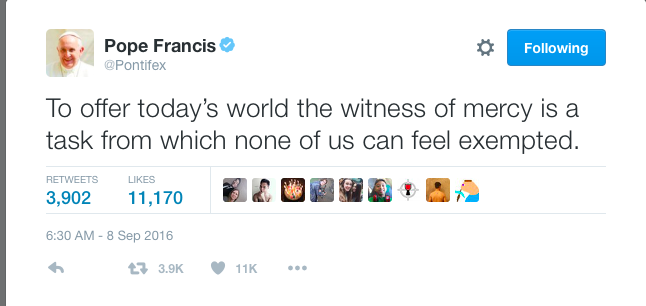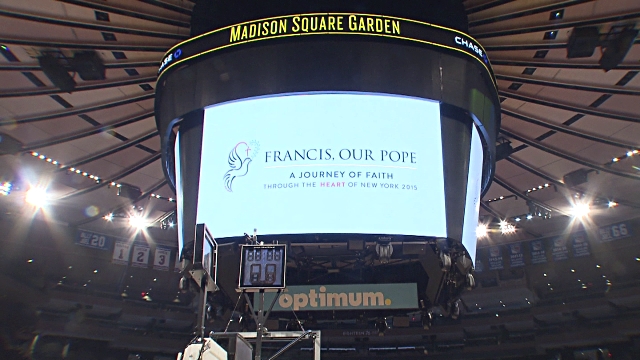By: Chris Warren.
It was so fast, but so grand! The total solar eclipse of 2017 was long anticipated and especially exciting because it went from coast to coast and gave hundreds of millions of Americans a rare chance to see firsthand the wonders of nature. A solar eclipse is an impressive stellar dance with little bit of luck thrown in. If there is a astronomical jackpot, a total solar eclipse is the big prize.
There are accounts in the Bible where God makes the Sun stand still (Joshua 10:1-15) and go backwards (Isaiah 38:8). There is zero scientific evidence that these events literally happened, and I doubt an absolute God would make a cosmically enormous exception to the laws of physics that He Himself set in place just to prove Himself to a human (walking on water and burning bushes notwithstanding), but astronomers have plausibly attributed these accounts to eclipses.
Now imagine a time when mankind had no scientific understanding of the solar system. There were no telescopes, no computers, no way to collect, process or record large amounts of complex data. Very few people were educated, and the ones that were did not know much by today’s standards. In that context it would not be a big stretch to believe a solar eclipse was the Sun “standing still” or “going backwards” or going through some phenomenon that would be ascribed to a miracle of the Deity because there was no other explanation.
But what was missed in the festival atmosphere that most eclipse-watchers took part in last Monday is that a solar eclipse is the work of a Deity! If you believe that the entire universe was created by God, then it only makes sense that a solar eclipse was purposely engineered into the plan. If you believe the universe was not intelligently designed we are all the winners of a cosmic lottery, then your faith in mathematical probability is infinitely greater than my faith in God. That one star and one moon among countless quadrillions can line up to produce a moving shadow on a nearby inhabited planet –and it’s all due to pure random chance– is more than my mortal mind can accept.
A solar eclipse is a way of demonstrating that science and religion are not mutually exclusive. Yes, of course the event has a totally logical explanation solidly based in physics and geometry. But where did physics and geometry come from? It has been there from the moment God created the universe. Mankind did not invent science…it was discovered.
God is not a magician. He placed all these unmovable laws of science in place to achieve His higher purpose and show us humans that He is in control. It is takes some serious cognitive disconnect for one to say they believe in God, but the universe happened by chance. A random god is not really a god.
Celebrating the solar eclipse does not require one to either reject religion or reject science. The non-religious will use accounts from the Bible such as Joshua or Isaiah to dispute and even mock those who believe in God. What the non-believers miss in their own cognitive disconnect is that these stories were created by uneducated people who did not know anything about astronomy. The glaring scientific errors in Joshua and Isaiah do not alter the larger point of these Biblical lessons: Those who witnessed these events were so moved by an act of God demonstrating His science that they recorded their observations so others could experience the marvel of His work.
Today hundreds of millions of people still find hope and inspiration in Bible stories from thousands of years ago. Believers know exactly where –and from whom– the solar eclipse comes. Everyone else is just not paying attention.





